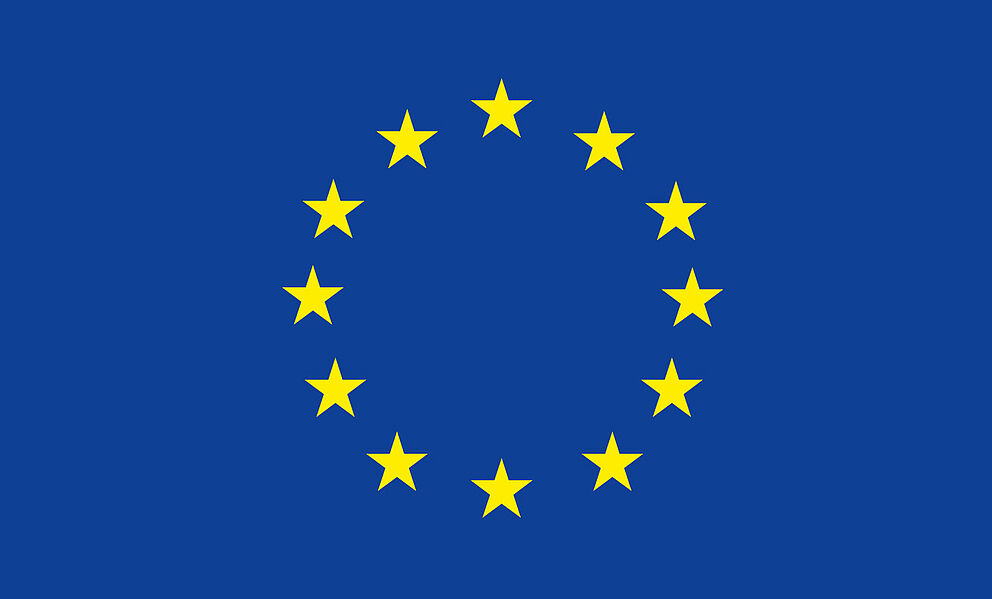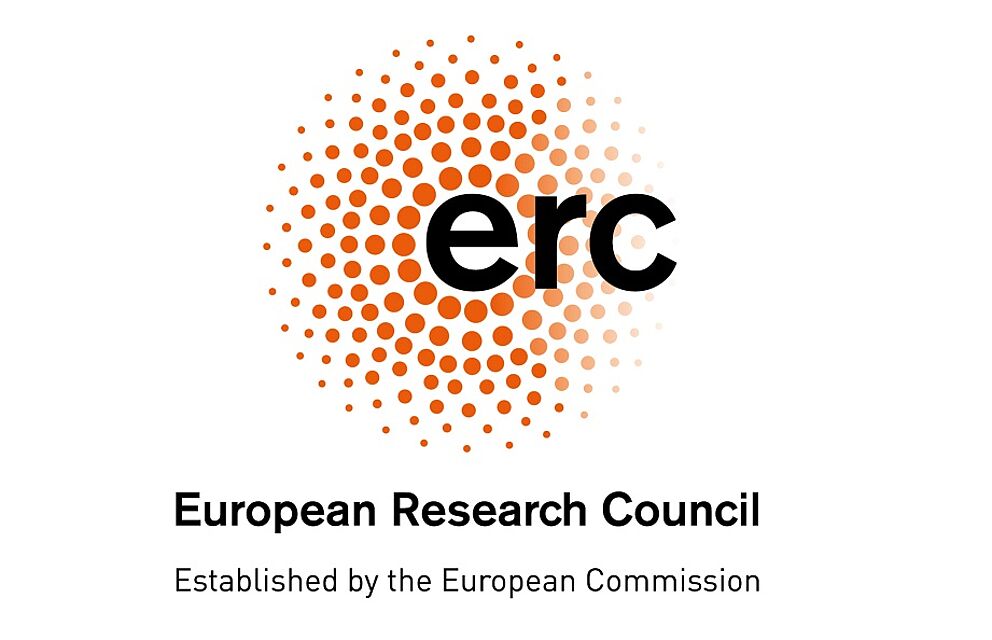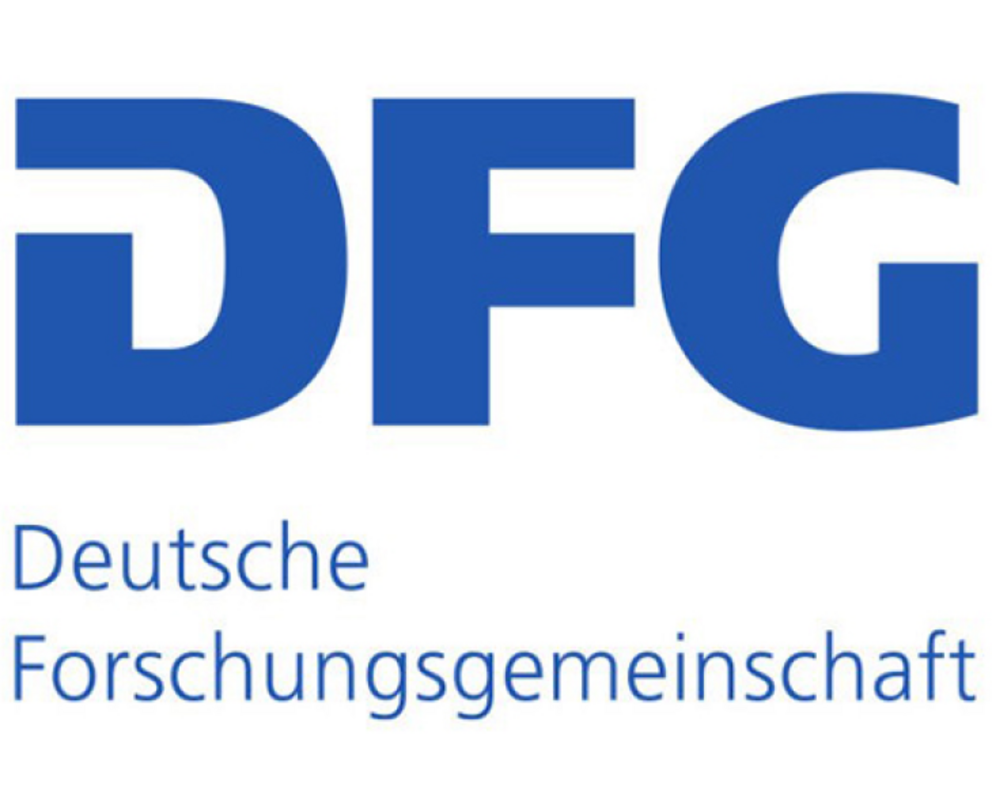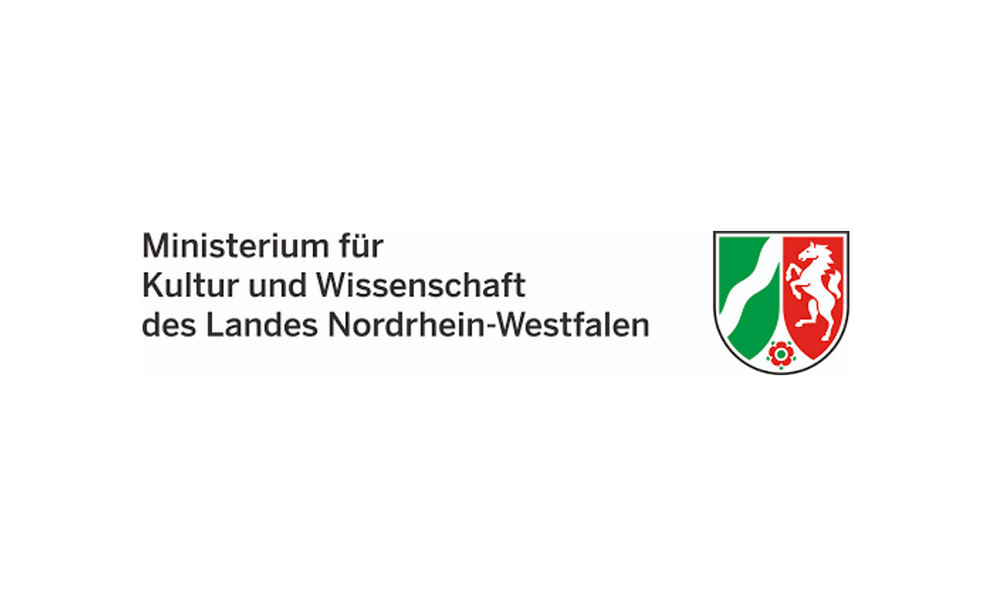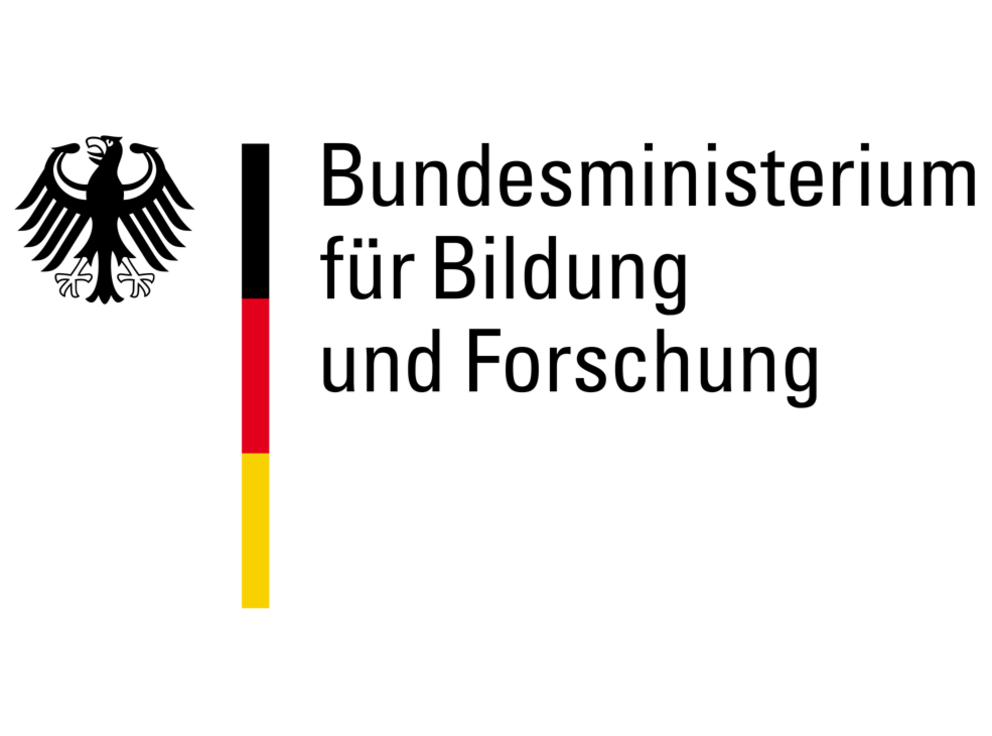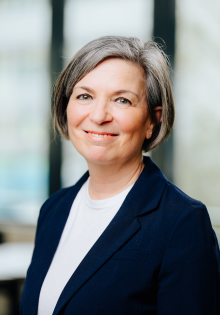Projects
The PhoQS is characterised by its interdisciplinary structure and the close cooperation of numerous specialised working groups. This diversity makes it possible to work on projects from a wide range of research and application fields. The focus is on innovative approaches that combine basic research and applied sciences.
Depending on the issue and objective, PhoQS integrates expertise from the fields of physics, electrical engineering, computer science and mathematics in order to tackle complex challenges and develop new solutions.
PhoQS member projects
Quantum Photonic Technology Education – Professional training for platform-independent and photonic quantum computing
qp-tech.edu started in 2022. It is funded by the Federal Ministry of Education and Research (BMBF). Its goal is to develop a learning program for the industry to get familiar with quantum science. At the department of Computer Science of Paderborn University, we develop the related part to computer science. More information on the project is to be ...
Duration: 01/2022 - 12/2024
TRR 142 - Compact high performance photon pair source using ultrafast hybrid modulators based on CMOS and LNOI (C11*)
The project aims to study and demonstrate miniaturized sources of decorrelated photon pairs with high repetition rate. The goal will be achieved by jointly integrating high-bandwidth electro-optic modulators, and a specifically tailored parametric down-conversion (PDC) section, both in a lithium-niobate-on-insulator (LNOI) platform. To obtain ...
Duration: 01/2022 - 12/2025
Contact: Christian Kress, M.Sc.
TRR 142 - On-demand ideal photon pair generation for entanglement swapping at telecom frequencies (C09*)
The goal of this project is the demonstration of on-demand ideal photon pair generation for entanglement swapping at telecom frequencies employing quantum dots embedded in circular Bragg grating cavities. The InAs quantum dots in an InxGayAl1-x-yAs-matrix are grown by molecular beam epitaxy and the circular Bragg grating cavity will allow to tune ...
Duration: 01/2022 - 12/2025
TRR 142 - Hybrid lithium niobate on insulator quantum photonic integrated circuit (C08*)
In this project, we will explore thin-film lithium niobate on insulator (LNOI) as the material platform for quantum photonic integrated circuits. After transfer printing of cavity coupled InAs quantum dots onto a LNOI circuit, we will on-chip frequency convert the on-demand generated photons from the quantum dot using a periodically poled LNOI ...
Duration: 01/2022 - 12/2025
TRR 142 - Cavity-enhanced spontaneous parametric down-conversion with temporal filtering using integrated superconducting detectors (C07*)
In this project, we will study the parametric down-conversion in a cavity with integrated superconducting detectors under cryogenic conditions. By using ultrafast driving electronics, we will implement pump filtering in the time domain, by enabling the integrated detector only after the pump has decayed away. The herald photon remains resonant with ...
Duration: 01/2022 - 12/2025
TRR 142 - Ultrafast coherent opto-electronic control of a photonic quantum system (B06*)
In this project we will integrate semiconductor quantum dots in field-tunable microcavity heterostructures to achieve ultrafast coherent opto-electronic control of the emitter cavity coupling. By tuning different quantum dot transitions in and out of the cavity resonance we aim to generate (i) cavity assisted two-photon emission, (ii) hyper ...
Duration: 01/2022 - 12/2026
TRR 142 - Three-photon state generation with on-chip pump suppression in topological waveguides (A09*)
In this project, we experimentally and theoretically study a degenerate four-wave mixing source for the generation of three-photon states, where the photons are generated inside the topological mode and propagate away from the interaction region. The design using topological protected surface modes intrinsically provides a strong suppression of the ...
Duration: 01/2022 - 12/2025
PhoQC: Photonic Quantum Computing
Photonic Quantum Computing (PhoQC): The aim is to research the fundamentals for the realization of photonic quantum computers. For this purpose, an internationally leading research center is to be created at the University of Paderborn in perspective, in which the fields of physics, mathematics, engineering sciences, computer science and electrical ...
Duration: 11/2021 - 12/2024
Festkörperbasierte Schlüsselbauelemente für die Quantenkommunikation (Folgeprojekt) (QR.X)
Es handelt sich um ein Folgeprojekt des Vorhabens Q.Link.X, welches Prof. Zrenner mit Prof. Silberhorn und Prof. Reuter beantragt hatte. Konsortialführer ist die Ruhr-Universität Bochum. Projektleiter an der Universität Paderborn ist Prof. Dr. Dirk Reuter. Neben Prof. Reuter sind Prof. Silberhorn und Prof. Jöns beteiligt.
Duration: 08/2021 - 07/2024
Contact: Prof. Dr. Dirk Reuter

